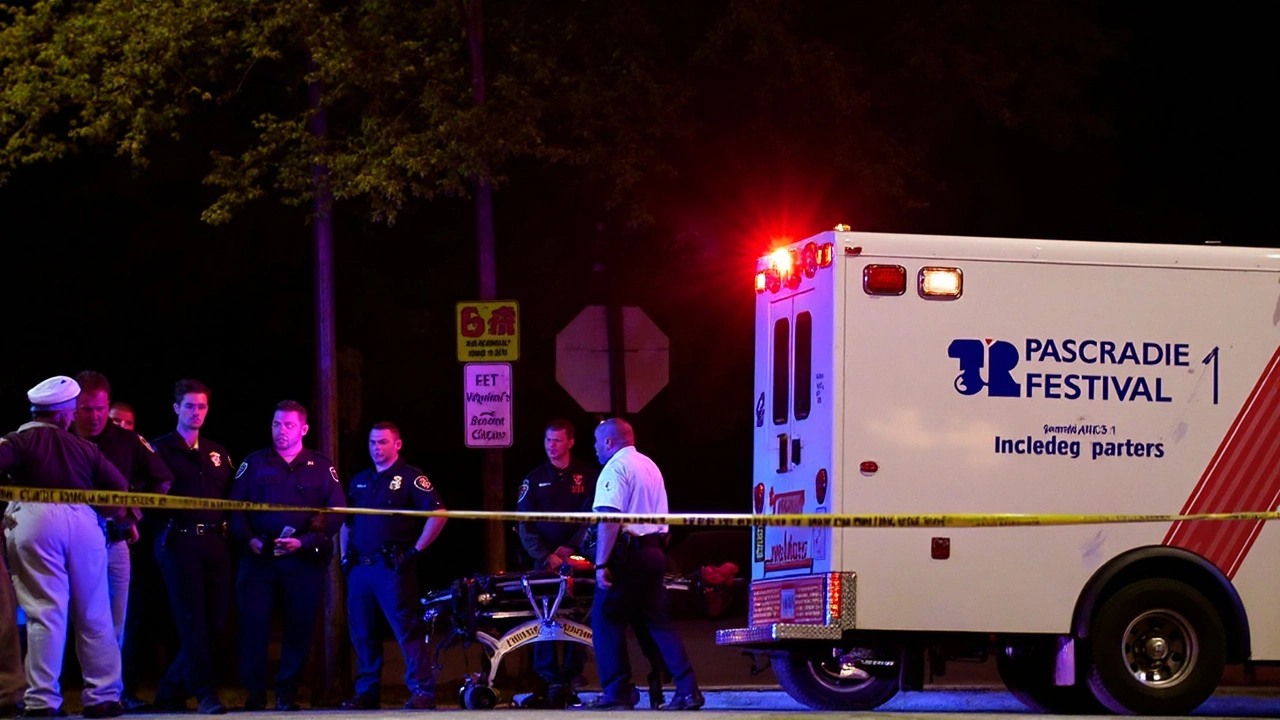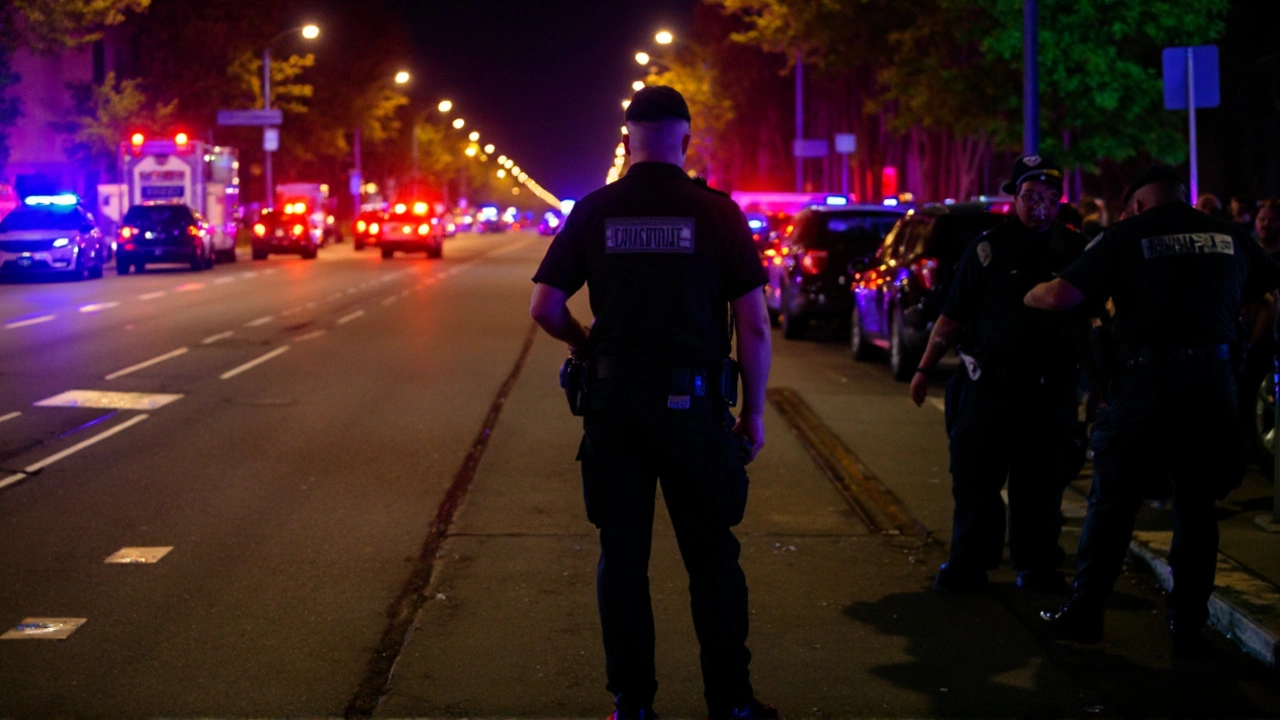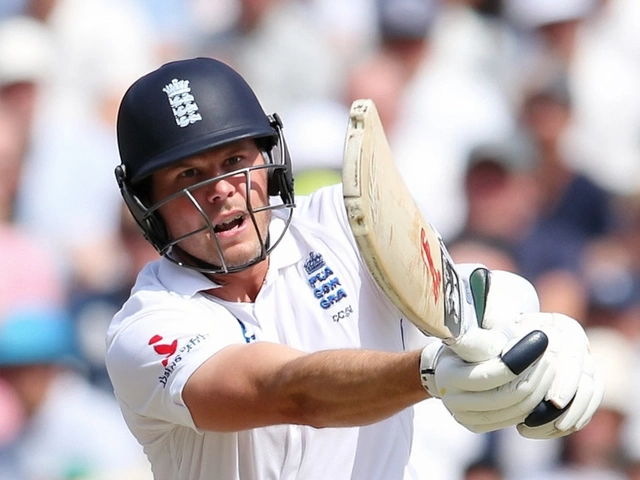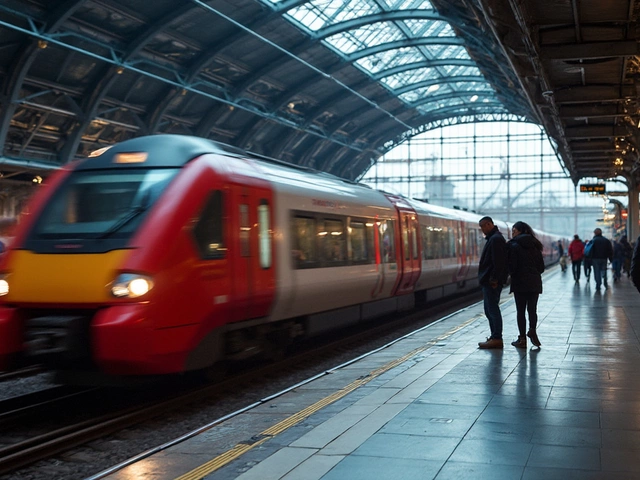Vancouver Filipino Festival Turns Tragic as Car Rams Crowd, Leaving 11 Dead and Dozens Injured
Festival Horror: Joyful Celebration Shattered in Seconds
The festive mood at South Vancouver’s popular Lapu Lapu Day Filipino festival collapsed into panic just after 8 p.m. on April 27, 2025. Attendees who’d gathered for music, food, and cultural pride were caught off guard when a black Audi SUV suddenly stormed into the crowd. Eyewitnesses recall an ordinary evening transforming in seconds—the hum of conversation replaced by terrified screams and the impact of bodies hit by a vehicle moving much too fast for the narrow festival lanes.
Kris Pangilinan, one of the many festival-goers present, described the surreal moment when the driver “gunned the engine and crashed straight through,” leaving a shocking trail of devastation right by food trucks and a makeshift concert stage. Phones were dropped, shoes left behind—a scene of chaos. At least 11 people lost their lives instantly, while dozens more were rushed to nearby hospitals with a range of injuries, turning a night of heritage into the city’s deadliest event in recent memory.
Videos that surfaced in the hours following the attack show the SUV’s front end caved in, festival flags scattered across the pavement, and volunteers scrambling to help neighbors and friends. Survivors told journalists the sounds that haunt them most are the dull thuds as people were thrown by the vehicle, and the sudden, stunned silence that followed.

Suspect’s Background, Community Pain, and the Shadow of Mental Health
Vancouver police quickly apprehended the suspect, describing him as a local man already known for previous mental health challenges and prior contact with law enforcement. Police leadership, with Acting Chief Steve Rai at the helm, were unequivocal: this was not considered terrorism. The narrative here is a tragic brush with untreated mental illness rather than organized violence, but many are left wondering what more could have been done to prevent this.
The Filipino Canadian community, which numbers over a million strong nationwide, found itself suddenly at the center of an international outpouring of grief. Philippine President Ferdinand Marcos Jr. publicly shared his condolences, and officials from the Philippine Consulate General stationed in Vancouver moved into action, connecting with affected families and coordinating with Canadian authorities. They weren’t alone: community leaders from all backgrounds began holding vigils and support sessions, recognizing the scale of the trauma left behind.
The timing of the attack, mere days before a hotly contested federal election, had many public officials and regular citizens alike expressing shock and sorrow. However, as the Department of Foreign Affairs reminded the world, the Filipino diaspora in Canada has built its name on resilience, rallying around each other in difficult times.
As investigations unfold, questions about mental health care and public safety are being debated openly, with some residents demanding a review of protocols for individuals with known psychiatric risks. The city remains shaken, with a realization that behind every cheerful street festival lies the need for more vigilance, support, and understanding of the quiet struggles many people face.





